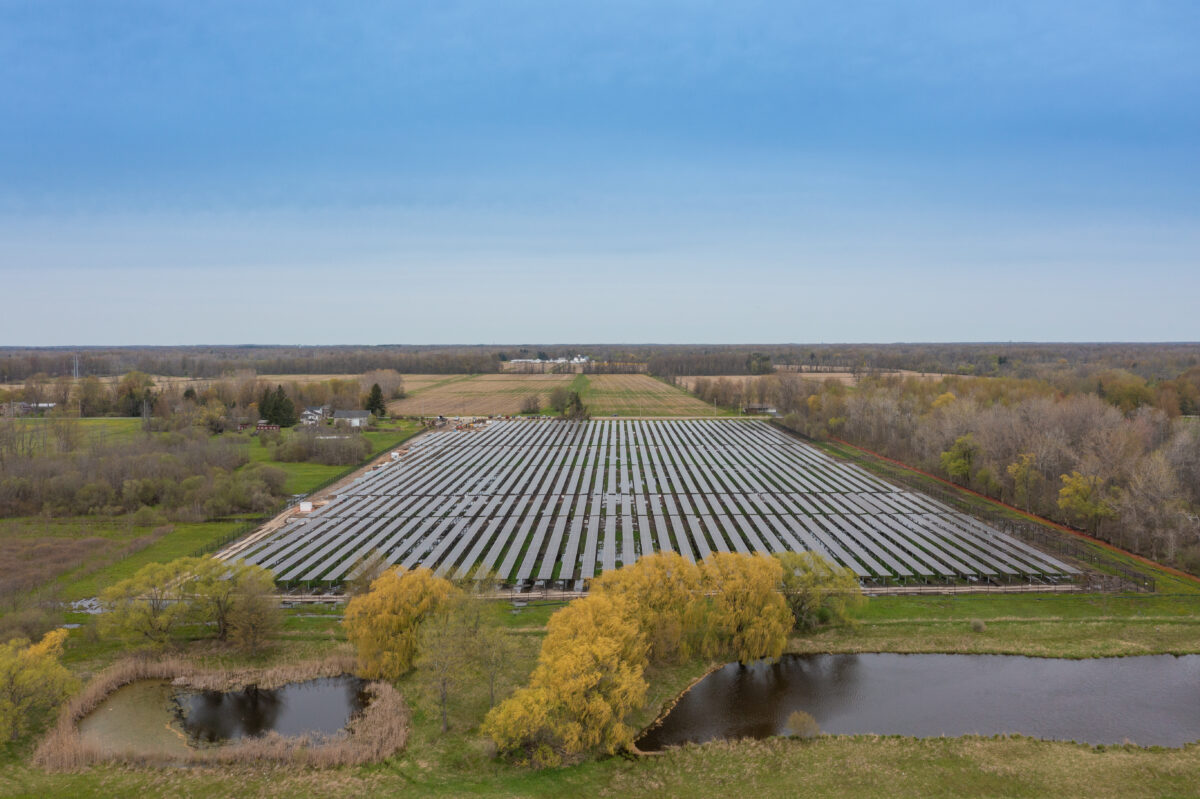The Stars May Have Aligned on Climate Progress: Will Our Industry Be Ready?
January 13, 2021Last July, we wrote about what it would take to build a carbon-free future. As a global pandemic raged on and disrupted business, many of us in the energy industry still saw bright spots of dialog taking place that indicated climate change still occupied a spot in the collective agenda.
Throughout the last several years, many governors and state energy leaders recognized if progress were to happen, they would need to step up and address critical topics at the state level. Some of these issues connected to climate included transportation and infrastructure, emissions, plastic waste, and everything in between. Many states in New England, the mid-Atlantic, the West Coast and across the rest of the U.S. made ambitious commitments and began implementing the right programs to help the industry achieve its goals. In 2020, even during a global pandemic, ten states enacted legislation or took executive action, including California pledging 100 percent carbon free by 2045; Colorado requiring emissions levels to be 90 percent lower than 2005 levels by 2050; and Maine 100 percent renewable energy by 2045, to name just a few.
In parallel, the business community responded with infrastructure, capital and innovation. At the close of 2019, the U.S. was among the top three countries for investment in clean energy innovation so there’s no shortage of bright minds and good ideas committed to climate progress.
Gaining Momentum
Yet while progress was made, it remained challenging to work across markets due to a patchwork of regulatory structures and inconsistent approaches. This year we anticipate a renewed focus on energy and climate by the incoming Biden Administration, with several choices for top spots at key agencies and cabinet positions announced early during transition planning. There are signs of a potential infusion of capital. The stars may have finally aligned for the energy industry to create solutions that will help us all: utilities, customers, innovators and the public sector, to be part of the net zero solution.
States have provided tangible leadership and filled a much-needed void. Despite lack of coordinated approaches across the US, businesses press on with ESG advances due to increased public focus and support from high-profile leaders. This shows up in tangible ways whether by increased corporate innovation, accelerated project development or an adjustment in commercial pursuits. Companies in enterprise data, cloud computing, big pharma, automotive – have been determinedly pursuing their objectives and pivoting as needed, adapting their global or national plans to meet needs of local economies and regulatory leaders. We know this will continue to be a reality as the energy industry is in dynamic change.
The nimble and agile approach that has served the clean energy sector since its inception will help us continue to navigate this fluidity. But the missing piece has been the rallying cry that makes climate action a true priority. Making progress toward net zero is serious business, and hard work. We have made progress, but we haven’t done it alone. We have needed the leadership of states to push major industry to set ambitious goals. We’ve needed the technology and innovation community to provide us with the systems that enable the solar + storage solutions to run seamlessly and transparently in the background without customer disruption or intrusion.
With each improvement and as costs of project development continue to decline, the stars are about to align. We have top-down and bottom-up support. It’s time for the industry to shake off the haze of 2020 and recommit to advancing a net zero economy, with a clearer path and fewer obstacles. This could be the year for regulators, utilities and innovators to agree on a way forward and share in the success. As consumers, we are using more power as each year passes. We can take advantage of this moment in time to answer their call for more, to do right by the environment and our economy, too.

